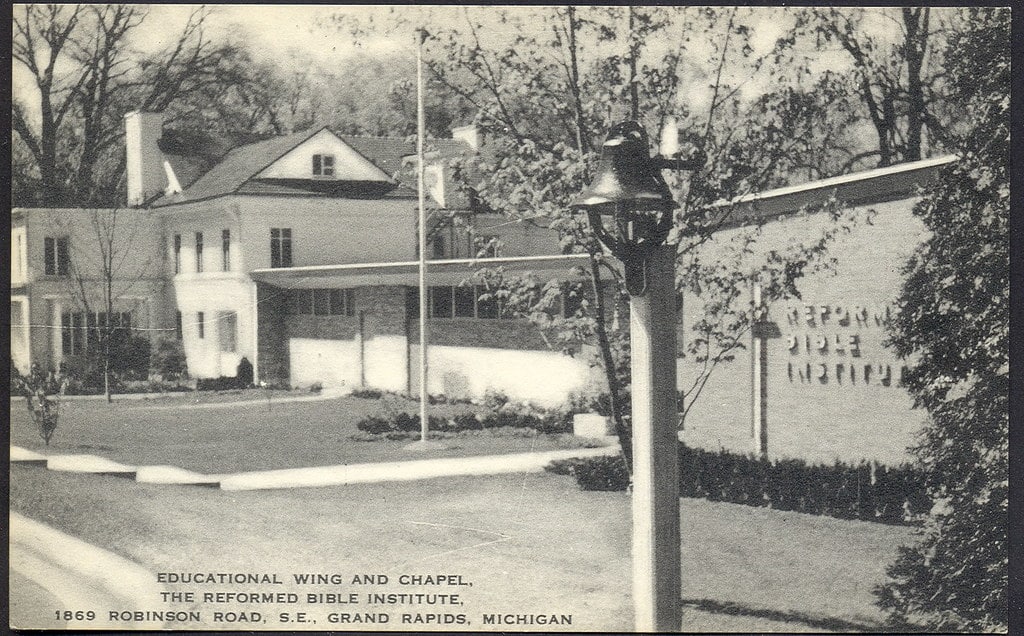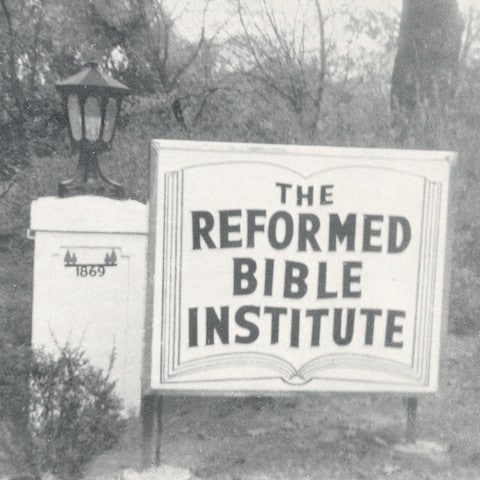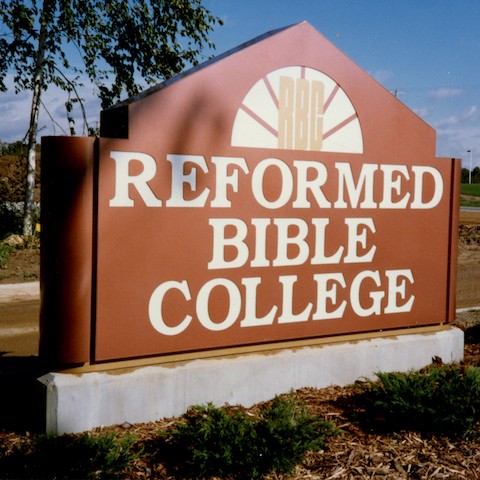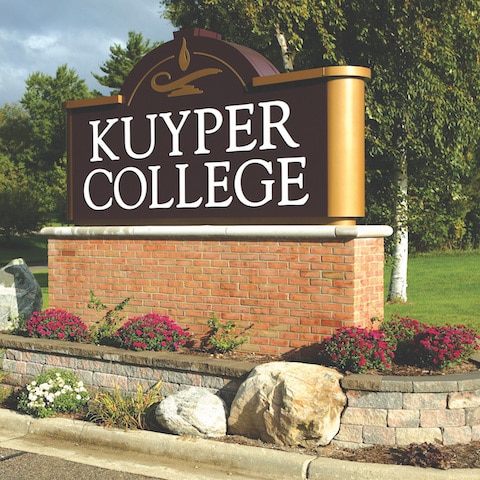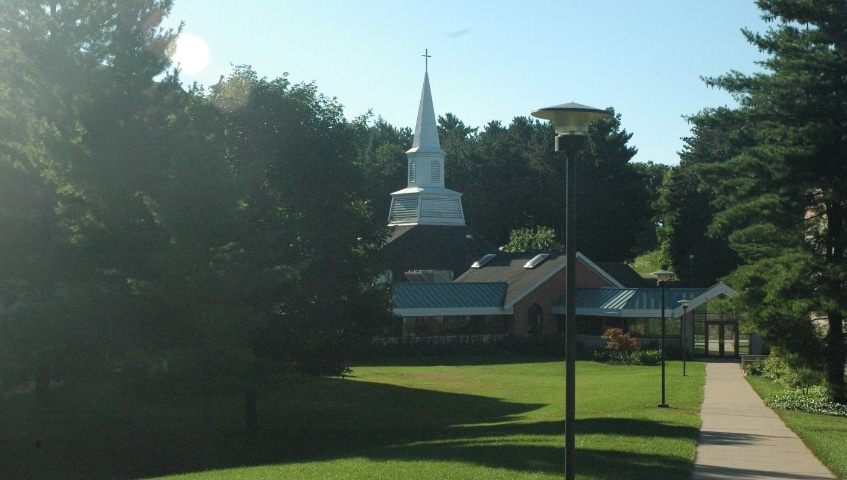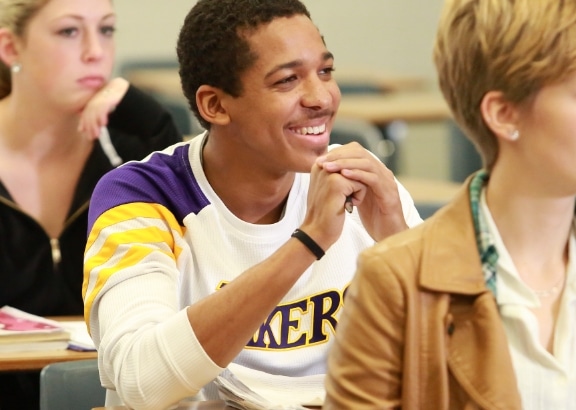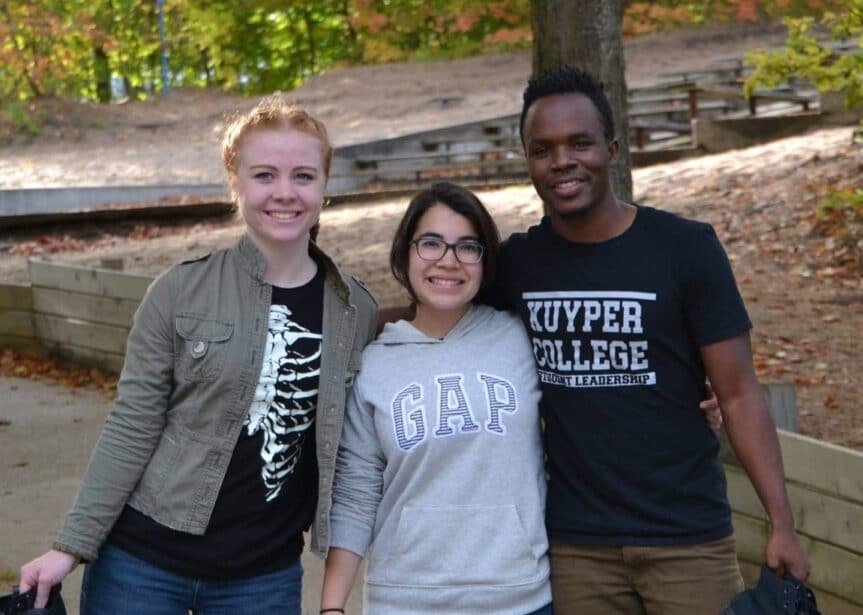Kuyper College was founded in 1939 as Reformed Bible Institute (RBI). RBI had a very clear focus—appropriately defined in scope—with a three-year curriculum that offered a practical, focused, and expedient track into foreign and domestic missions.
In 1970, after an almost five-year redesign of curriculum and programs, the Department of Education of the state of Michigan gave the school the right to confer a four-year bachelor’s degree. As a result, RBI changed its name to RBC—Reformed Bible College. Today, Kuyper College is a leading Christian College focused on effectively training students to make a difference in God’s world. We continue to build on the strong foundation established first as RBI, and later as RBC.
Kuyper College is accredited by the Higher Learning Commission (HLC) and Association for Biblical Higher Education (ABHE). In addition, the College’s social work program is accredited by the Council on Social Work Education (CSWE).
Ministry leadership and youth ministry programs are a natural part of our Bible curriculum and history. However, so are social work, education, psychology, communications, business, and other course majors that meet our students’ desire to be the “heart and hands” of Christ to people they can reach and serve through these and other professions.
Kuyper College offers a variety of degree programs and study abroad opportunities. Yet, today its mission is the same as it was in 1939. The College seeks to place people in ministry and professional areas of leadership around the world to meet the spiritual and social challenges that exist today. This is the essence of our purpose—the essence of our identity to bring God’s grace into today’s culture.
Abraham Kuyper 1837-1920
Abraham Kuyper, an extraordinary and historic figure, was a pastor, theologian, scholar, journalist, educator, and statesman. Though beginning in the parish ministry, he moved on to become editor of two Christian periodicals, founded the first Dutch political party and the first Christian Democratic party in the world, and established the Free University in Amsterdam, a Christian university founded on Reformed worldview principles. He served as prime minister of the Netherlands from 1901 to 1905. He was also a courageous advocate for equality, regardless of social status, race, or gender at a time when that notion was not the overwhelming sentiment of the day.
Kuyper articulated more clearly than anyone the importance of recognizing that everyone has a worldview—a personal and also corporate way of perceiving and interacting with reality. Kuyper taught us that we must discover and understand what this means to each individual and to the mind and systems of the culture we are trying to reach with God’s Word and grace. This is the essence of effectively carrying out God’s great commission throughout the world.
“There is not a square inch in the whole domain of our human existence over which Christ, who is Sovereign over all, does not cry, Mine!”
Abraham Kuyper1837-1920
As Kuyper explained it, a worldview that is Reformed in character holds that all of life is to be lived unto the glory of God. In this, there is no area of life that is not subject to the Lordship of Christ, the witness of the believer, and the work of the church. The Bible is the inspiration, insight, and guide that informs, instructs, and motivates the Christian to give effective witness in the context of his and her day. The direct application of Scriptures into every area of our lives, and in addressing the nature of the world around us, makes our faith both public as well as a private matter.
Today, Kuyperian cultural and social thought, along with his biblical worldview, are the subject of theological, scholarly, and societal studies at the Kuyper Center for Public Theology at Princeton Theological Seminary, The Kuyper Scholars Program at Dordt College, The Kuyper Foundation in England, and at seminars in colleges and seminaries throughout the world.



